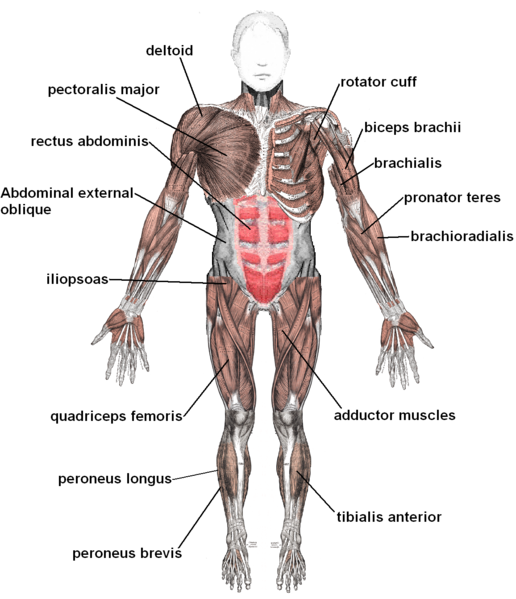Your blood is living tissue made up of liquid and solids. The liquid part, called plasma, is made of water, salts, and protein. Over half of your blood is plasma. The solid part of your blood contains red blood cells, white blood cells, and platelets.
Red blood cells deliver oxygen from your lungs to your tissues and organs. White blood cells fight infection and are part of your body’s defense system. Platelets help blood to clot when you have a cut or wound. Bone marrow, the spongy material inside your bones, makes new blood cells. Blood cells constantly die and your body makes new ones. Red blood cells live about 120 days, platelets 6 days and white cells less than a day.
Problems with your blood may include bleeding disorders, excessive clotting and platelet disorders. If you lose too much blood, you may need a transfusion.
 howMed Know Yourself
howMed Know Yourself


